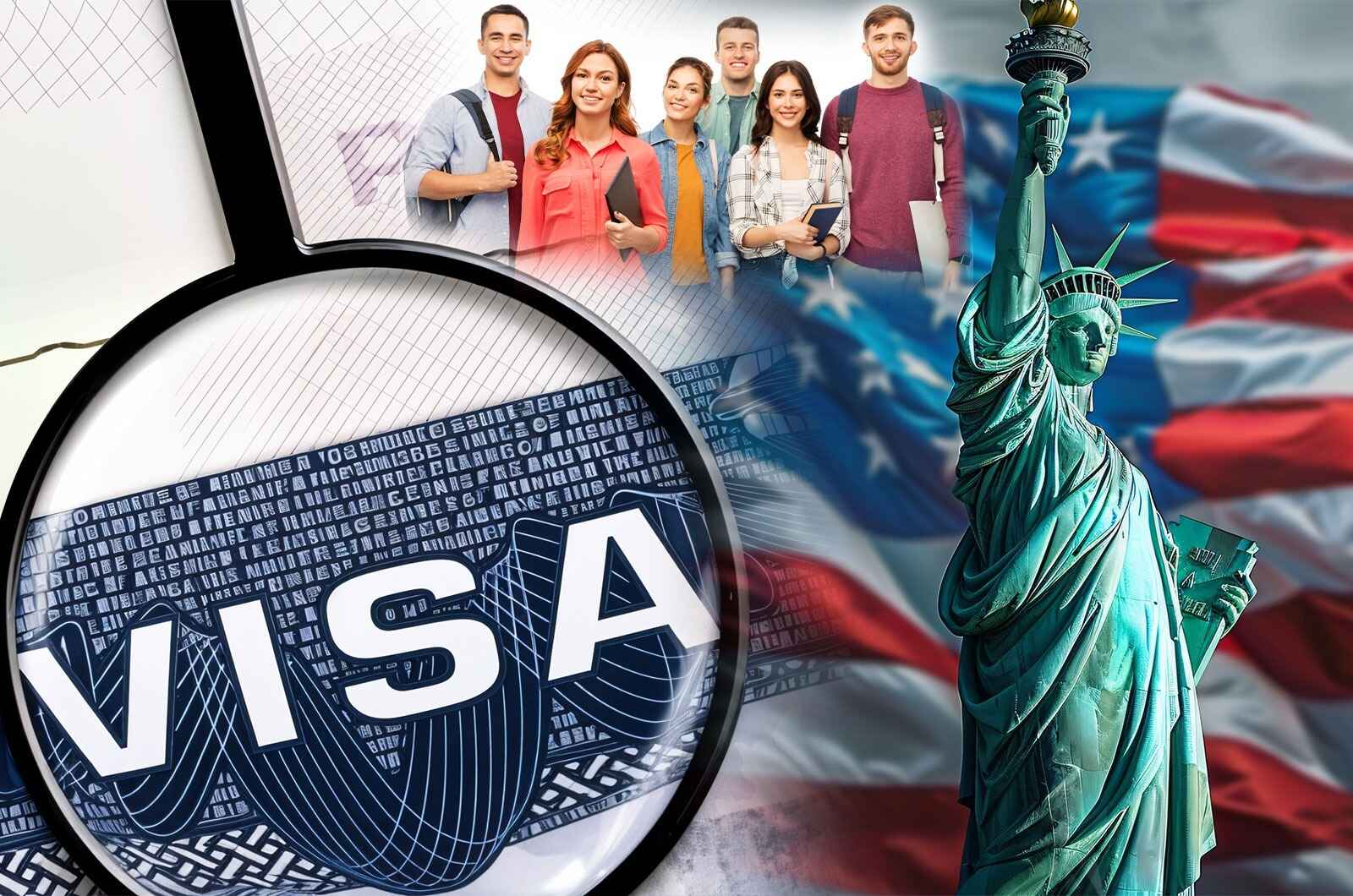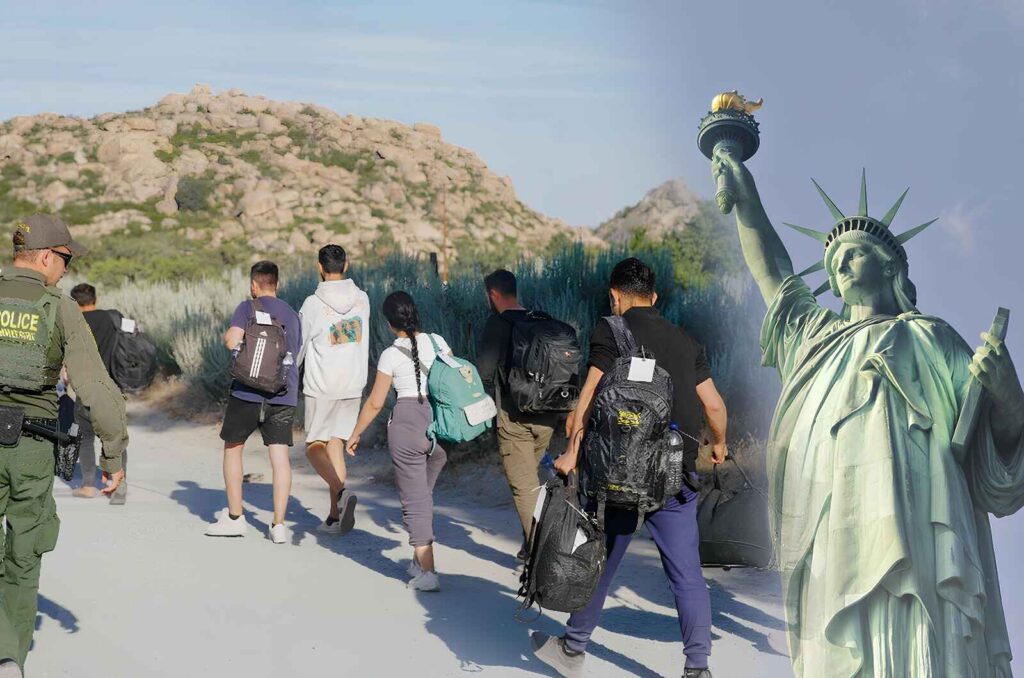There is an old saying that everyone makes mistakes, and even those in charge are not immune. While some mistakes go unnoticed, others can have significant consequences. Recently, the United States Citizenship and Immigration Services (USCIS), one of the leading immigration authorities in the world, made headlines for not-so-good reasons. They likely understood the weight of their words, as their latest decision had a noticeable impact.
The study plans of thousands of students, both for those already studying in the US or planning to move there, were brought to a standstill as a change in the F-1 visa regulations was announced. The matter was related to their time spent outside the US while they were still on a study term. Simply put, if a student decides to travel for more than five months outside the US, be it for internships or academic breaks, they will have to apply for I-20 again.
The entire immigration community, including the immigration attorneys, US universities, prospective students, and their parents were finding it difficult to digest what they heard. The change did not match the study programmes that are being pursued by students. The errors and the time it took to correct them highlighted the complexity of the US immigration system.
The Change of Stance in the Famous F-1 Visa
Anyone who has ever thought of studying overseas or is already studying, or studied in the past must be aware of the F-1 visa from the US. This coveted visa programme allows students to study full-time at SEVP-certified institutions. What attracts students most about this programme is the opportunity to work in the US after completing their education.
One can work for 20 hours per week on-campus during the academic term, and full-time during breaks. Curricular Practical Training (CPT) and Optional Practical Training (OPT) are two strong pulls for students worldwide. Everything had been running smoothly for a long time, until one fine day, in August 2024, the USCIS decided to shake up things a little.
F-1 visa holders studying abroad could no longer remain actively enrolled in a certified US programme if they stayed abroad for longer than five months. The change raised alarm bells in the entire education community, as it contradicted the long-standing practice of allowing students to maintain their SEVIS status.
Within no time, pressure started mounting from universities, immigration organisations, and other stakeholders; and ultimately USCIS issued a correction on November 26, 2024. The clarification replaced the contentious paragraph allowing students enrolled in a certified institution to retain their SEVIS status even during long stays abroad.
How the Rule Affected Students
A distinct features of pursuing higher education in the US is many of the programmes offer global practical exposure or internships. This means they are required to make overseas trips to Asia, Europe, and South America as part of their study curriculum. In most cases, these trips are as long as six months or more.
The five-month rule that was announced by the US government crosses the study plans of most students. It is difficult to sense what the authorities had in their minds when they announced this rule, but it does not appear to be in sync. Students who had been planning for OPT and other post-graduate opportunities also had to think otherwise.
Maintaining Legal Status While Travelling Around
While staying in the US to pursue higher education, it is important to ensure compliance and keep your SEVIS status alive. The first step when you are planning to cross international borders during your term is to contact the institution’s Designated School Official (DSO). In case, any undesirable incident happens they will be the first to contact, so they need to be kept in the loop.
The new government will start working in the US in January next year, and immigration policies may become stringent. In such a scenario, students must prepare themselves for stricter compliance environments. It is important to stay informed and be flexible in planning during your education journey. Many institutions offer robust immigration support and advising services. As the situation becomes more challenging, it may be a good idea to consider enrolling in such institutions for your higher education. Talk to overseas education consultants in Chandigarh to discuss your situation in detail.
The Bottom Line
The F-1 visa is an important element in the education export sector globally. Every year thousands of students fulfill their dream of studying in the US through this visa. However, the recent changes highlighted the complexity of this visa. As things return to normal, it prompts us to consider the proactive steps that prospective international students should take.


